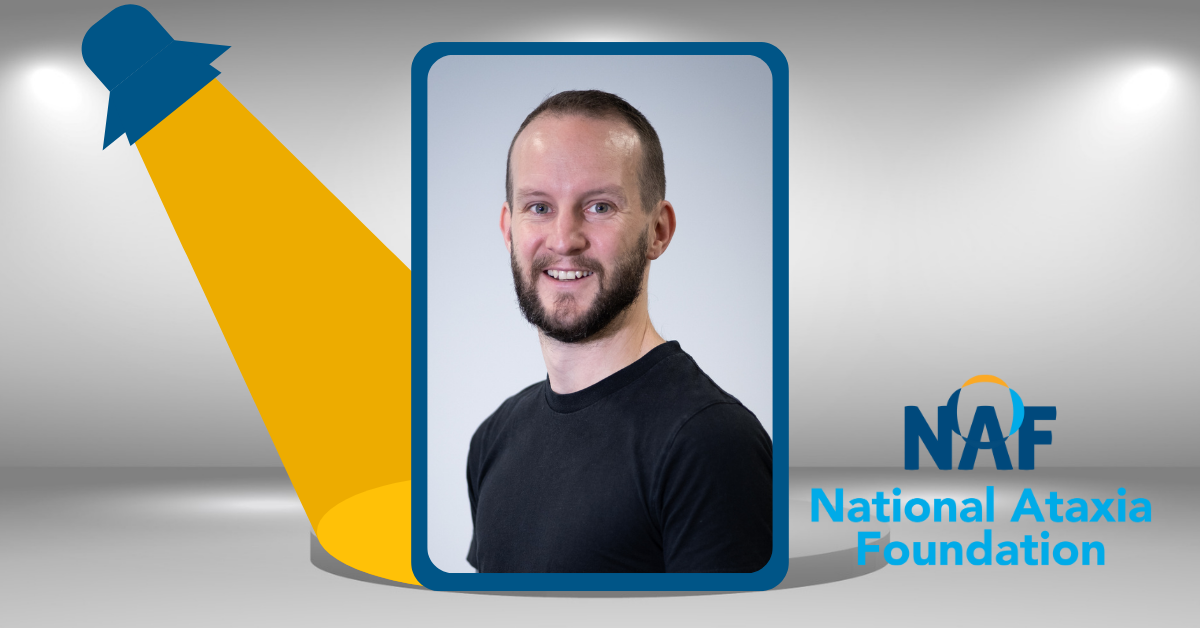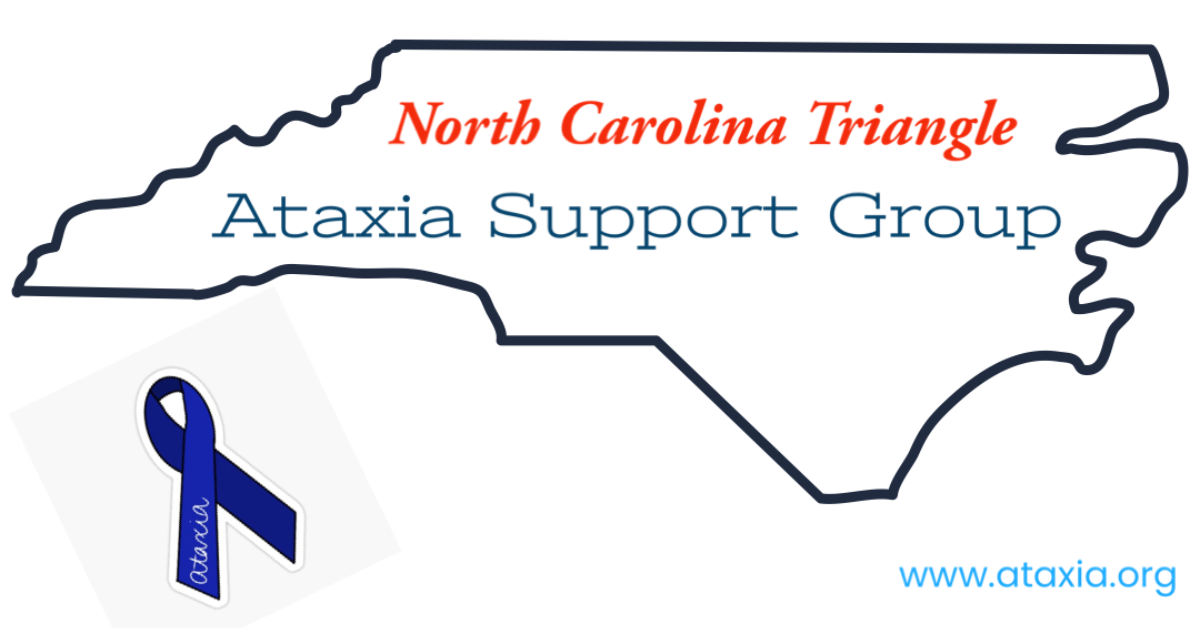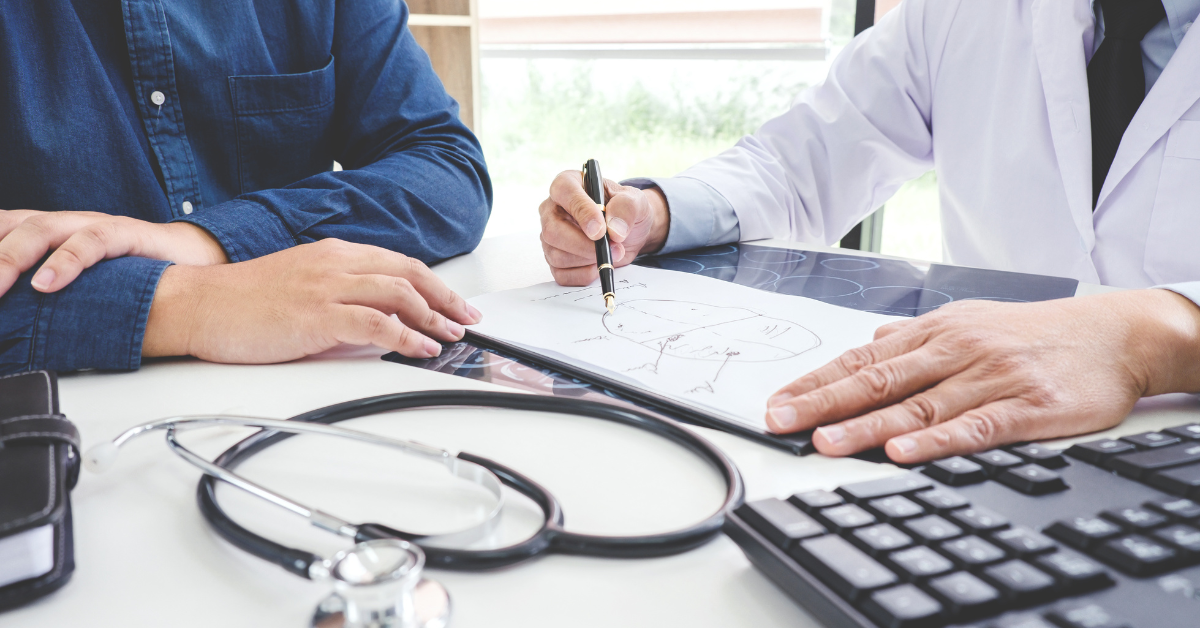Virtual

Ataxia Resources and Discussion Group Meeting
EASTERN TIME ZONE Support group meetings are a great way to socialize and learn with others who are affected by Ataxia. We welcome you to join us! The discussion is

Lower Michigan Support Group Meeting
EASTERN TIME ZONE Support group meetings are a great way to socialize and learn with others who are affected by Ataxia. We welcome you to join us! The discussion is

Science Showcase: Dr. Hellyer
Zoom WebinarCENTRAL TIME Dr. Shane Hellyer will present the research, "Characterization of naturally occurring mGlu1 mutations in SCA44 and SCAR13." Science Showcase sessions explore a past NAF research grant awardee's funded

North Carolina Triangle Support Group Meeting
EASTERN TIME ZONE Support group meetings are a great way to socialize and learn with others who are affected by Ataxia. We welcome you to join us! The discussion is

Global Support Group (Hope For Ataxia) Meeting – 1st Session
EASTERN TIME ZONE Support group meetings are a great way to socialize and learn with others who are affected by Ataxia. We welcome you to join us! The discussion is

Global Support Group (Hope For Ataxia) Meeting – 2nd Session
EASTERN TIME ZONE Support group meetings are a great way to socialize and learn with others who are affected by Ataxia. We welcome you to join us! The discussion is

Ataxia Resources and Discussion Group Meeting
EASTERN TIME ZONE Support group meetings are a great way to socialize and learn with others who are affected by Ataxia. We welcome you to join us! The discussion is

Boston Support Group Evening Chat
EASTERN TIME ZONE Support group meetings are a great way to socialize and learn with others who are affected by Ataxia. We welcome you to join us! The discussion is

55+ with Ataxia Support Group (Just Us Ataxians) Meeting
EASTERN TIME ZONE Support group meetings are a great way to socialize and learn with others who are affected by Ataxia. We welcome you to join us! The discussion is

All About SCA5
Zoom WebinarCENTRAL TIME Do you or a loved one have SCA5? Join our webinar to learn about the mechanisms of the disease, the diagnostic journey, and what to expect for clinical


